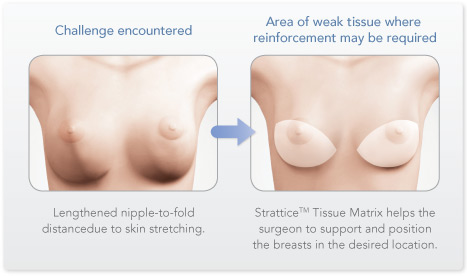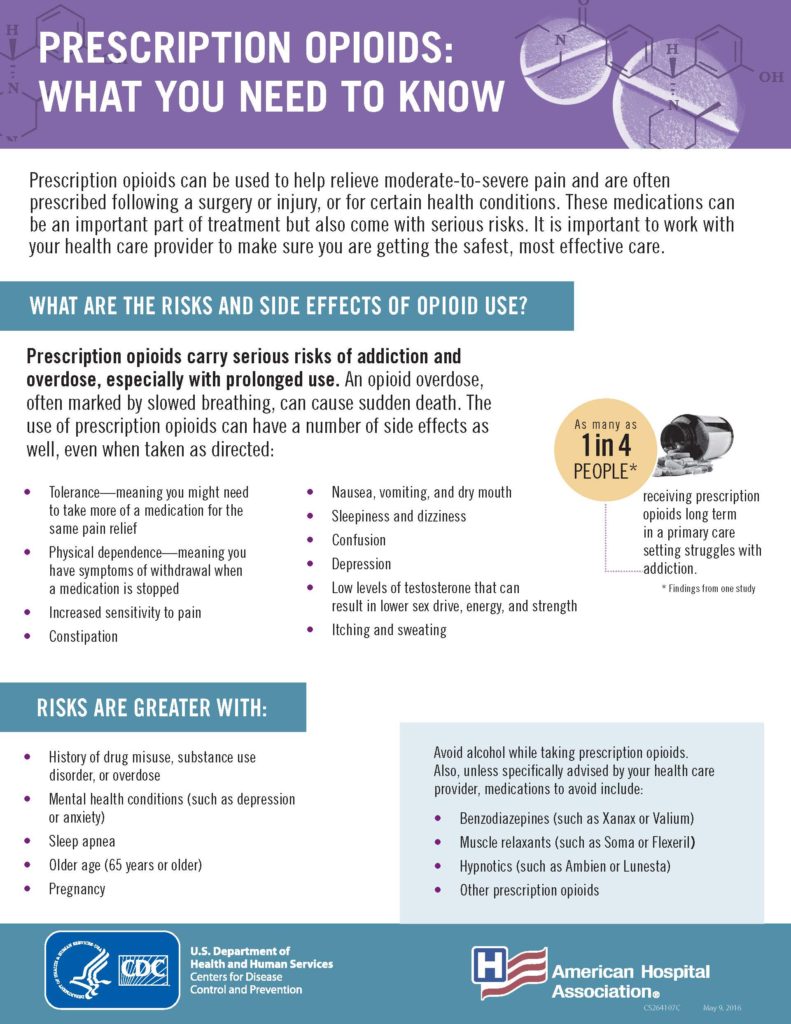A few guidelines to help keep you healthy and looking young are: reduce your calorie consumption and your saturated fat intake; eat plenty of whole grains, oily fish, and fresh fruits and vegetables; cut down on salt and sugar intake. In addition, here is a list of ten foods that you should include in your diet on a regular basis.

Avocado The avocado is a good source of healthy fats that may contribute to reducing your cholesterol levels. It is loaded with vitamin E, which helps to maintain healthy skin and prevent skin aging. It is also rich in potassium, which assists in the prevention of fluid retention and high blood pressure.
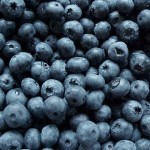
Berries Blackberries, blueberries, blackcurrants and black grapes contain phytochemicals known as flavonoids, which are powerful antioxidants that help to protect the body against damage caused by free radicals and aging.
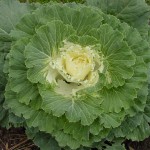
Cruciferous vegetables Cabbage, cauliflower, broccoli, kale, turnip, brussels sprouts, radish, and watercress are all cruciferous vegetables. They assist the body in its fight against toxins and cancer. Eat them raw or lightly cooked so that the important enzymes remain intact.
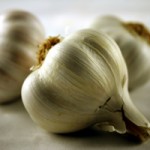
Garlic Eating a clove of garlic a day is felt to contribute a protective benefit against colon cancer. It can also help to reduce cholesterol levels and assist with blood thinning to reduce the risk of heart disease.
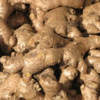
Ginger This spicy root can boost the digestive and circulatory systems, which can be useful for older people. Ginger may also help to alleviate rheumatic aches and pains. It is also believed to help in lowering blood cholesterol levels.
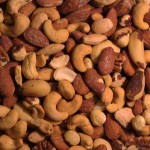
Nuts Walnuts and Brazil nuts are particularly good sources of minerals. Walnuts, although high in calories, are rich in potassium, magnesium, iron, zinc, copper, and selenium. Adding nuts to your diet can enhance the functioning of your digestive and immune system, improve your skin, and help control cholesterol. The antioxidants quercetin and campferol are found in nuts and may help decrease the risk of cancer.
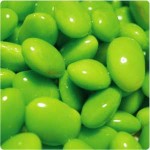
Soy It has been suggested that the isoflavones in soy may alleviate menopausal hot flashes and protect against Alzheimer’s disease, osteoporosis, and heart disease. Look for fermented soy products, which are more easily digested and therefore more beneficial.
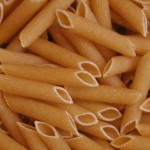
Whole-wheat pasta and rice Complex carbohydrates provide a consistent supply of energy throughout the day and should make up the bulk of your diet. Whole-wheat pasta is an excellent complex carbohydrate. It is high in fiber and contains twice the amount of iron as normal pasta. Brown rice is another recommended complex carbohydrate, which is high in fiber and B vitamins.
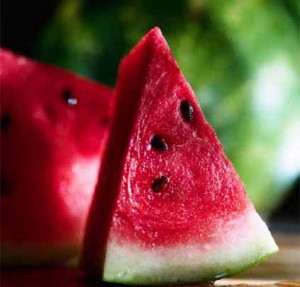
Watermelon Both the flesh and seeds of the watermelon are a good source of nutrition. The flesh contains vitamins A, B, and C; the seeds contain selenium, essential fats, zinc, and vitamin E which all help against free radical damage and aging. The watermelon seed can be eaten as a snack after being salted and baked. A nutritious tea can also be made by adding boiling water to seeds that have been crushed.

Water Drink at least 8 glasses of water every day in order to remain healthy. Water helps us to get rid of the toxins and unwanted waste materials from the body. Do not rely on thirst; this sensation diminishes with age. Choose from nutritious liquids including 100% fruit and vegetable juice, skim or low fat milk, broths, sparkling water, and teas. You can also get fluids from foods, especially those that are liquid at room temperature. Try gelatin, frozen yogurt, soups, watermelon, pickles, oranges, lettuce, and tomatoes.
Tags: anti-aging, healthy eating habits, Nutrition
Written by Dr. Forley on December 26, 2011



